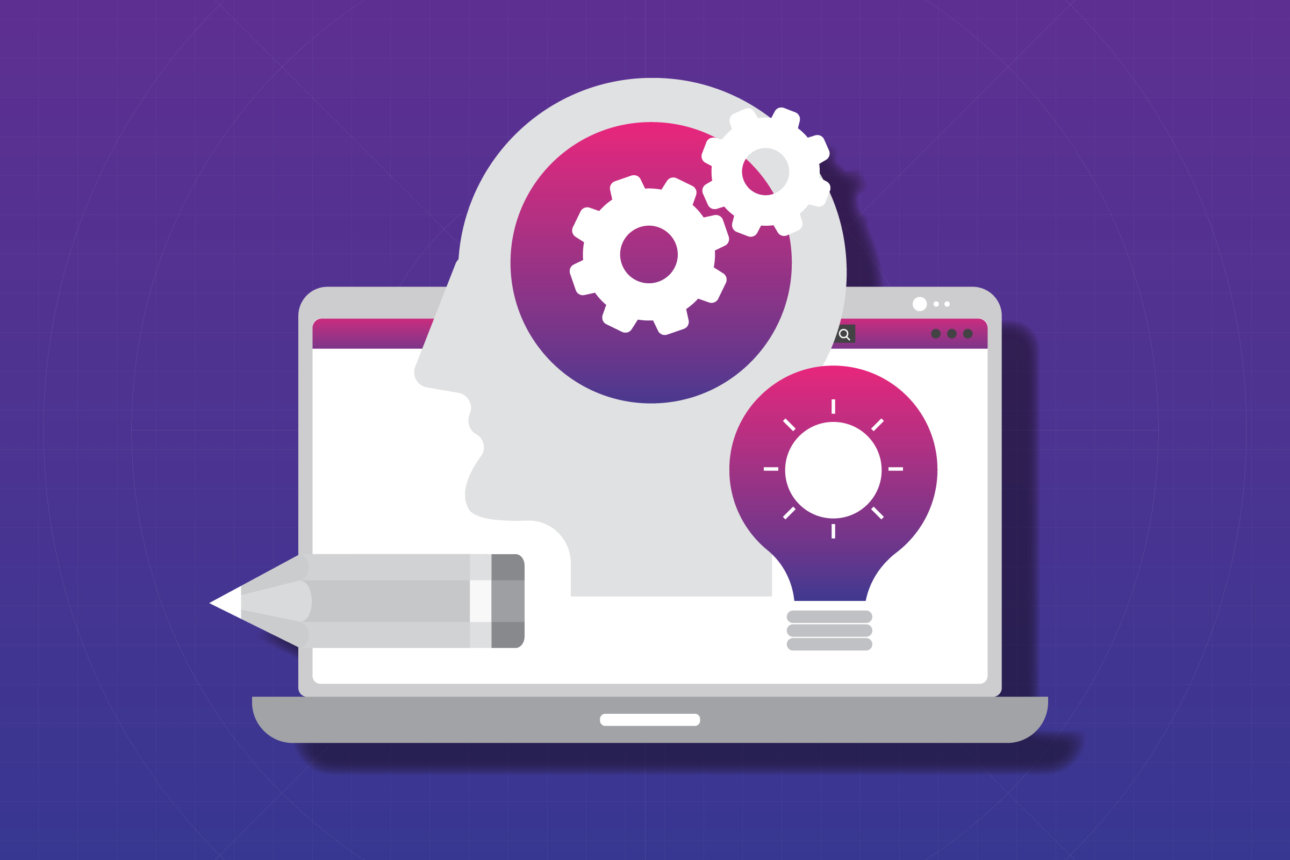New Frontiers in Re-skilling and Upskilling

Topics
Column

In the new world of work, we may not know for sure which jobs will be destroyed and what will be created, but one thing is clear: Everyone, whatever their age, will at some point have to spend time either re-skilling (learning new skills for a new position) or upskilling (learning current tasks more deeply). Every conceivable job will have new technologies to learn and new personal relationships to navigate as those roles fit and refit into a changing economic landscape.
Embracing this idea requires a real sense of agency on the part of individuals. Each of us needs to be both motivated and prepared to put in the effort toward making learning a lifetime priority.
That’s a good first step, but personal agency will only go so far. Individuals’ commitment to keeping up their skills to remain competitive will only work if corporations step up to make it possible.
The challenge is that old-style notions of training are far too slow and relatively expensive. They’re usually classroom based and instructor led. They’re usually focused only on current employees, ignoring potential recruits.
Look around, though, and you’ll see experiments and early pilots underway. Some companies are figuring out smart ways to engage on this issue — to the advantage of both individuals and the businesses themselves. Here are three frontier examples that, although different in their approaches, together begin to set the scene for what could become a full-scale transformation.
Re-skilling in Unexpected Places
The leadership team at Microsoft has made it a significant business imperative to expand the provision of the company’s cloud services. Making this a reality has meant building data centers in places both populous, like Dublin, Ireland, and remote, like Boydton, Virginia (population about 400) and Des Moines, Iowa (just over 200,000). The crucial job skills for these new locations are in data center management, with particular responsibilities in systems administration and troubleshooting.
These are tough skills to recruit for, and they’re unlikely to exist in the smaller local populations in which some of these centers are based. What’s more, few current Microsoft employees want to relocate to data locations like these. When they do, the retention rates tend to be poor.
The Microsoft team embraced this challenge by expanding its view of who could do these jobs and deciding to help create new pools of talent in each local community. Portia Wu, Microsoft’s managing director of U.S. public policy, told me that the key has been to bring different stakeholders together. For instance, for the Boydton and Des Moines locations, the company has worked with local community colleges in southern Virginia and in Iowa to create new Microsoft Data Center Academies (DCA). These schools train students to work in Microsoft facilities and other businesses with similar IT needs. Students have been supported by more than $315,000 in Microsoft scholarships.
Each DCA has run programs with cohorts of between 15 and 20 students, and to date over 200 students have graduated. Some have joined Microsoft, while others took their skills to related companies, helping to grow the overall technology environment in these regions.
Upskilling Using Technology
Learning existing skills in newer, deeper ways is often required when the routine tasks of a job become automated.
This is what has occurred, for example, in the role of the bank teller: Many tellers today are using some of their freed-up time to become more active ambassadors for the bank, gently cross-selling customers by suggesting other bank products. This “human” part of the job requires high levels of interpersonal skills such as empathy, listening, and judgment.
These are fiendishly difficult skills to develop at scale, as I noted in an earlier column on the challenge of scaling soft skills. Unlike many cognitive skills, social skills cannot be learned in a rule-based way — there is no specifiable path to social effectiveness. Building job-related social skills for a work environment requires an immersive learning experience, rehearsed in situations as close as possible to the real job, with lots of opportunities for practice. This kind of skill development is essentially a process of trial and error, where we behave in a certain way, get feedback through subtle social cues, and try again. Practice creates the muscle of habit.
It is this complexity that has dogged efforts to scale the upskilling of human skills. But new pilots demonstrate that wide-scale training of this sort is possible. These training programs don’t rely on expensive, classroom-based coaching, using instead a combination of virtual reality, artificial intelligence, and human trainers.
The technology learning group Mursion, for instance, helps to develop complex human skills such as empathy by giving people in training a chance to listen to and interact with a difficult customer or employee. It’s a classic training process — but in this case, the difficult customer or employee is a virtual-reality avatar. CEO Mark Atkinson told me that his company’s design team has figured out how to simulate a stressful working environment in such a plausible way that it fools the brain into believing the VR experience is real.
Trainees are given a scenario such as facilitating a conversation to hear all sides and help a difficult employee interact better with colleagues. The trainee is encouraged to practice across a number of different contexts, trying out different tactics with an avatar who responds back in an AI-driven conversation. Trainees receive feedback and measure their progress in creating the fluency of conversation that is so crucial to high-level social skills.
Corporations have begun using this training at scale. The U.S.-based hotel company Best Western International, for instance, used the Mursion system to upskill more than 35,000 employees in how to better express empathy for customers and take the initiative to immediately solve customer problems.
Email Updates on the Future of Work
Monthly research-based updates on what the future of work means for your workplace, teams, and culture.
Please enter a valid email address
Thank you for signing up
Leveraging the Wisdom of Age
The deep, tacit knowledge of how to perform a task is often held in the minds of experienced workers, in what is termed crystalline intelligence. For many organizations, there’s an opportunity to capture this knowledge and pass it on — if this type of tutoring is supported. But coaching time is often in short supply.
This was the challenge for the U.S. telecom company Verizon. Its field-based technicians are called upon to support both new equipment and legacy technologies, such as the use of copper wire to transmit communications signals. Though older systems are declining in use, there is a crucial transition period before these legacy technologies become obsolete.
For Michael Sunderman, Verizon’s director of global learning and development, one of the ways forward was to create trails that use the tacit knowledge of older current and retired subject-matter experts to provide instruction to field-based technicians. This upskilling was particularly crucial when technicians encountered problems with legacy technologies unfamiliar to them.
In some cases, the experts worked with the technicians in the field, but geographic dispersion of expertise is increasingly a challenge — so the link between the two is now often virtual. While normal virtual communication such as telephone, emails, and chat rooms has been important, in some cases it was not enough.
Sunderman told me that he and his team have partnered with augmented reality technology companies to develop new equipment and software tools that supplement the conversation. For example, some field technicians are equipped with augmented reality goggles that enable their office-based expert coaches to see what the technician sees in the field. The experts can then talk technicians through the solutions, assisting them in real time to become more skilled in the older technologies.
There is much we can learn from these three frontier examples. They show the real benefits of thinking creatively about these challenges while considering them from a wider systems perspective. This creativity is crucial if we are to support the many millions of people around the world who will rely on upskilling or re-skilling to remain productive.
Editor’s Note: An adapted version of this article appears in the Fall 2019 print edition under the headline “Pioneering Approaches to Re-skilling and Upskilling.”

Comment (1)
Raghuram Yaramakala